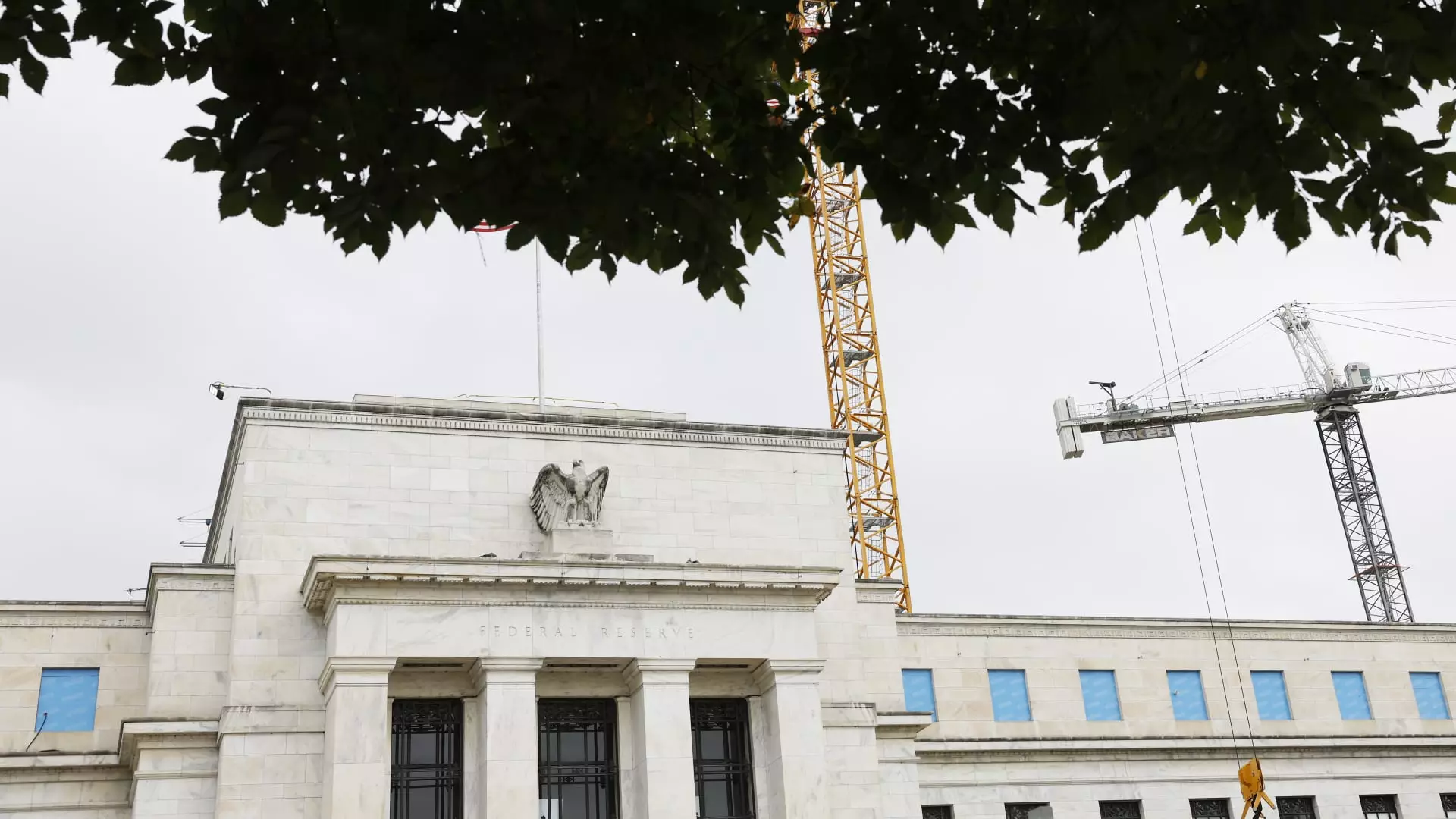Elon Musk has never been one to shy away from controversy, and his latest concerns regarding a $2.5 billion renovation of the Federal Reserve building are no exception. As he disburses criticism like confetti, his emphasis on government spending waste creates a critical dialogue in an era where fiscal responsibility is becoming non-negotiable. The astronomical nature of costs associated with what essentially amounts to redecorating should initiate questioning and skepticism. Musk’s inquiry, “What do you get for $2.5 billion in redecorating?” is not merely rhetorical. It captures the essence of public sentiment regarding government projects, where transparency seems to evaporate amidst bureaucratic obfuscation.
The Price of Inefficiency
Examining the Fed’s renovation journey, which began with a nominal budget of $1.9 billion, reveals a tale not uncommon in public expenditure—unforeseen cost overruns attributed to escalating material prices, construction delays, and an evolving design aesthetic. Each factor, while grounded in reality, raises eyebrows about accountability in financial management. Musk’s insinuation that there should be more oversight isn’t unfounded; government projects often spiral into realms of lavishness that muddle their core purpose. The imperative to address energy efficiency and modernize workspaces must not excuse exorbitant and seemingly excessive budget allocations.
Rethinking Government Spending
Musk’s critique also beckons reflection on the broader implications of government spending. Shouldn’t the accountability level be heightened, especially when taxpayer money—albeit indirectly in this case—could be at stake? The burden of proof rests with the Federal Reserve to validate that expenditure is indeed producing tangible benefits for the public. In a climate where politicians and CEOs alike lament wasteful spending, questioning the intention and efficiency of each dollar becomes imperative. Although the Federal Reserve claims that this renovation will ultimately lead to savings through streamlined operations, skepticism remains. Are the benefits substantial enough to justify the risk of appearing profligate, especially amidst national conversations focused on curbing expenditures?
An Insatiable Quest for Accountability
Musk’s position might strike some as self-serving or opportunistic, but the truth is that it is rooted in a burgeoning demand for accountability. The Department of Government Efficiency, which Musk has initiated, endeavors to save taxpayers substantial amounts—$160 billion thus far, according to its claims—by scrutinizing government finances. The goal isn’t only to unveil inefficiencies but also to redefine how public money should be allocated and spent. Audits and transparency regarding expenditures must serve as cornerstones in today’s political discourse, especially under the unforgiving gaze of taxpayers who often feel marginalized.
Challenges Beyond Renovation Costs
The conversation Musk ignites isn’t solely about the Federal Reserve; it’s emblematic of a larger cultural challenge we face concerning government oversight. The public’s perception that bureaucracies waste money can lead to a general disillusionment with government efficacy. The onus lies on public officials to prioritize transparency and justify expenses—making them not only accountable but relatable. The political landscape needs individuals who prioritize efficiency over extravagance, along with societal values grounded in practicality rather than pretentiousness.
In an age where the call for economic prudence reverberates louder than ever, Musk’s critiques are a reminder of the need for unwavering scrutiny and intelligent management of public funds. Whether you agree with him or not, the real question revolves around how much longer citizens will accept the status quo without demanding radical transparency and accountability.

